
We’re Hiring in Warsaw
Newsmax Balkans is expanding its international presence and we’re looking for talented professionals to join our team:
10:04Pre 126 d20.10.2025.
AutorNewsmax Balkans aplikaciju možete preuzeti sa Google Play i App Store-a.

As energy security increasingly becomes synonymous with political stability, the question arises: how much does Serbia actually possess of its own “black gold”? And does the energy of the future lie beneath our land, or merely traces of once-abundant resources that are slowly being depleted?

Today, oil is extracted from a total of 67 fields, 63 of which are located in Vojvodina. Practically the entire northern Banat region is crisscrossed with underground veins of oil - most notably between Zrenjanin, Kikinda, and Vrsac. There lie the oldest and most productive fields: Velebit, Kikinda, Mokrin, Idjos… For years, they have produced the majority of Serbia’s domestic output.
However, in recent years, oil has also been found further south.
In the Branicevo District - around Pozarevac, Kostolac, Veliko Gradiste, and Malo Crnice—new, smaller fields have been discovered: Sirakovo, Kasidol, and Bradarac - Maljurevac.
Since the 1950s, about three thousand wells have been drilled, with around 800 currently active. The deepest well is located in central Banat, near the village of Krajisnik, reaching depths of up to 4,650 meters below ground.
It is estimated that since 2013, oil production in Serbia has dropped by around 50 percent, indicating that key fields have been partially depleted.
The true reserves are considered a state secret, but according to data from 2015, Serbia had about 15 million tons of oil, more than half of which has already been extracted by NIS. That amount, without imports, would be enough to cover about three years of domestic consumption.
If all existing natural capacities were fully utilized, domestic oil fields could supply the Serbian market for about seven years at current consumption levels.
Almost all oil fields in Serbia are operated by the Petroleum Industry of Serbia (NIS). However, that oil is no longer truly “ours.” Gazprom Neft purchased a majority stake in NIS in 2008 for €400 million. In return, the Russians obtained, among other things, all extraction rights.
Today, through two sister companies - Gazprom Neft and Intelligence - Russia owns more than 56% of the company, Serbia holds 29%, and the rest is traded on the stock exchange.

Newsmax Balkans is expanding its international presence and we’re looking for talented professionals to join our team:
10:04Pre 126 d20.10.2025.
Autor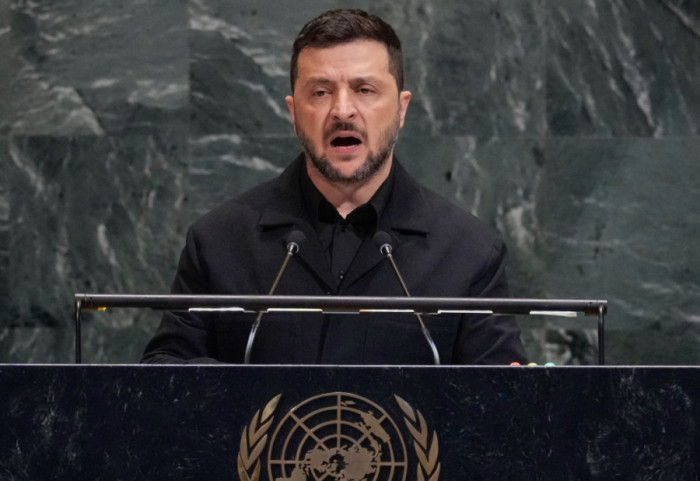
Predsednik Ukrajine Volodimir Zelenski izjavio je da ideja o mogućem sastanku s predsednikom Sjedinjenih Američkih Država Donaldom Trampom i predsednikom Rusije Vladimirom Putinom u Budimpešti ne bi bila pozitivna za Ukrajinu, jer Mađarska blokira sve inicijative koje idu u korist Ukrajine.
10:38Pre 126 d20.10.2025.
AutorOver the past decade, production has been modernized, and the introduction of new methods - such as water injection and horizontal drilling - has improved the efficiency of extracting remaining reserves.
Even though we have wells and at least some domestic oil, can Serbia be energy independent? The answer is - no. Annual domestic production is around 1.2 million tons (as of 2020), which covers only about a quarter of the country’s total fuel consumption. Today, Serbia meets just over 20% of its demand for oil derivatives from domestic sources, while the rest must be imported.
When it comes to new deposits, geologists believe potential still exists. Fields near Idjos, Kikinda, and Kasidol, close to Pozarevac, indicate that the resources remain active.
Estimates suggest that from existing, deeper layers, another 3.5 million tons could be extracted. This additional potential might extend the life of Serbia’s domestic oil wells by another ten to fifteen years.
Serbia may not sit atop vast oil wealth, but the current situation shows that today - every drop of oil counts
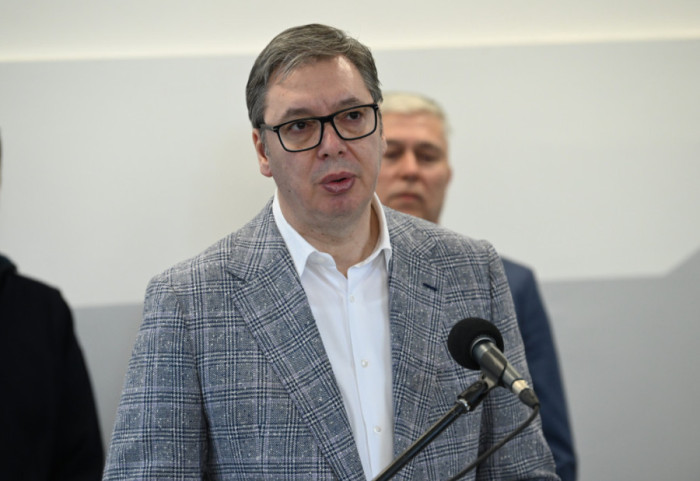
The President of Serbia, Aleksandar Vucic, met with the Director General of Rosatom, Alexey Likhachev.
15:47Pre 6 h23.02.2026.
Autor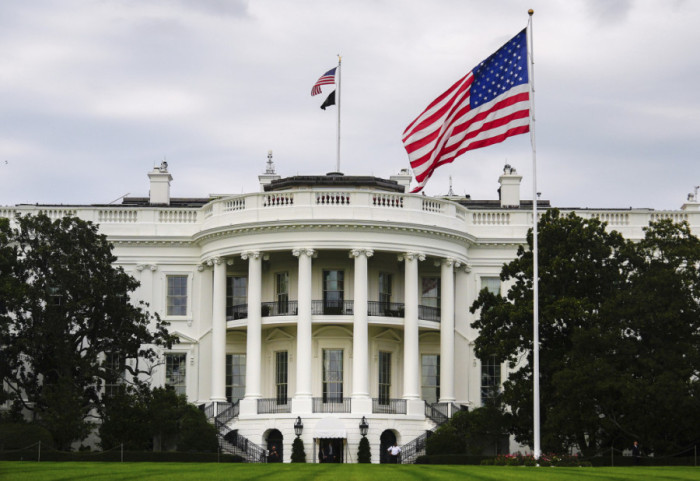
"I hope that people who were unfairly charged these tariffs will get their money back," said Andrew Hale of the Plymouth Institute for Free Enterprise, commenting on the decision of the U.S. Supreme Court to strike down a range of tariffs imposed by Donald Trump, which the Court found to be unlawful
09:00Pre 2 d21.02.2026.
Autor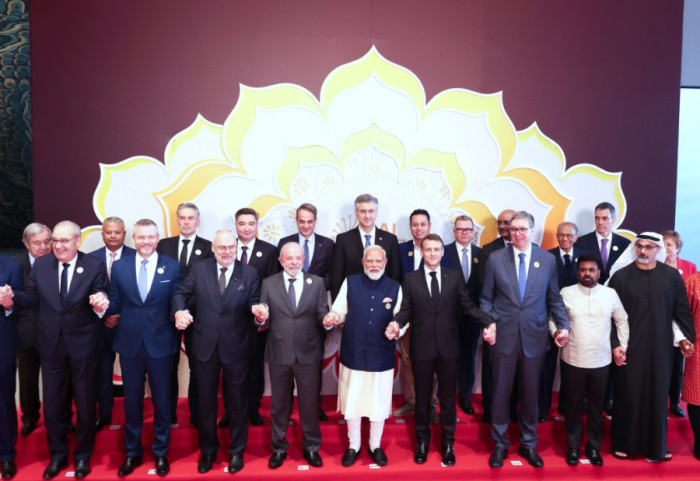
The President of Serbia, Aleksandar Vucic, stated in New Delhi, where he is participating in the Artificial Intelligence Summit, that Serbia must build infrastructure for greater use of AI, as well as reform its education system.
13:10Pre 4 d19.02.2026.
Autor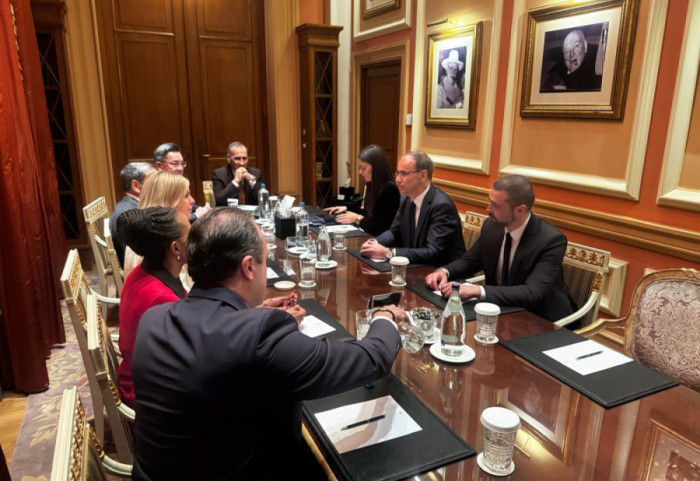
Prime Minister of Serbia, Prof. Dr. Djuro Macut, stated in Athens that Serbia remains committed to strengthening its strategic partnership with Greece and enhancing regional stability.
15:46Pre 6 d17.02.2026.
Autor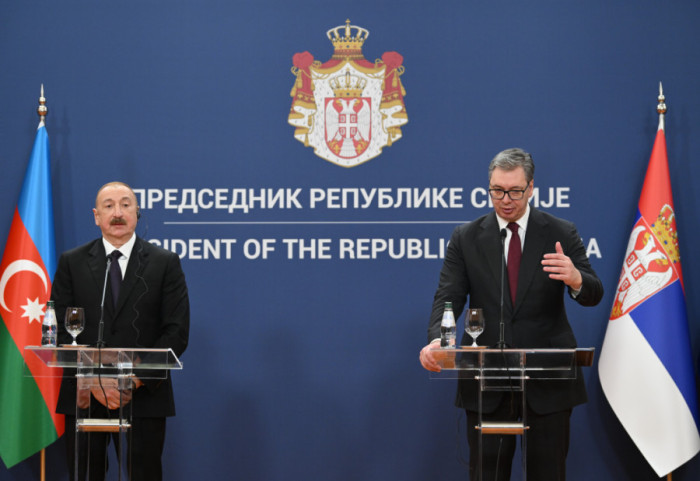
President Aleksandar Vucic stated that cooperation between Serbia and Azerbaijan is growing in all spheres of social life, adding that he discussed economic cooperation with Ilham Aliyev and that, compared to 2012, trade exchange between the two countries has increased sixteenfold.
08:53Pre 7 d16.02.2026.
Autor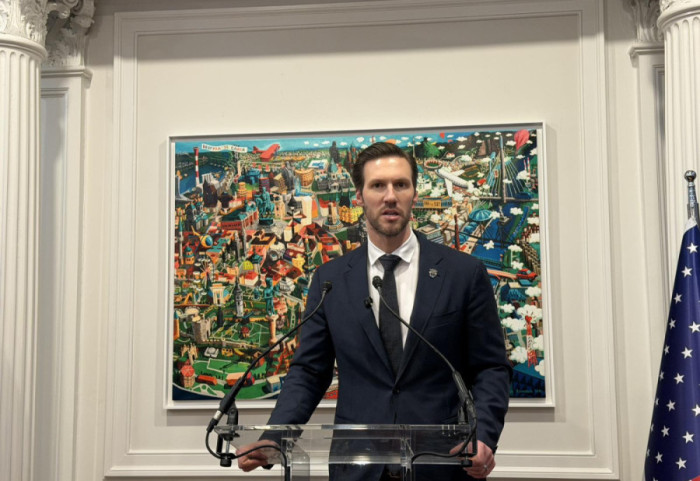
U.S. Congressman Pat Harrigan, speaking to Newsmax Balkans on the occasion of Serbia’s Statehood Day, said that relations between Serbia and the United States hold significant potential for further development, particularly in the fields of economic cooperation, technology, and regional stability.
20:02Pre 9 d14.02.2026.
Autor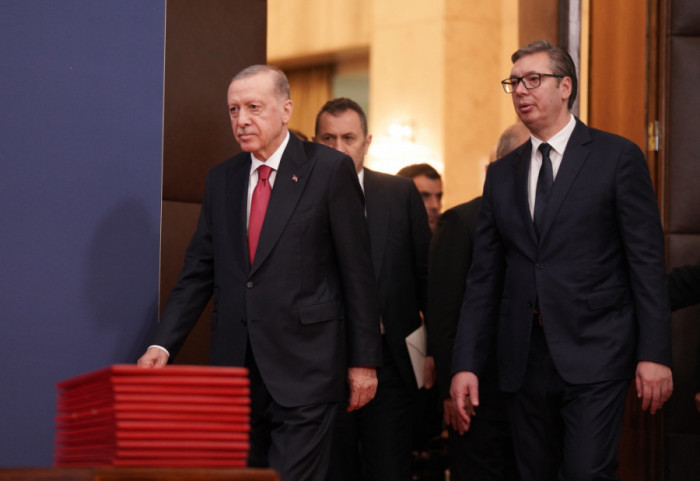
The President of the Republic of Serbia, Aleksandar Vucic, met at the Presidential Palace in Ankara with the President of the Republic of Turkey, Recep Tayyip Erdoğan.
13:44Pre 10 d13.02.2026.
Autor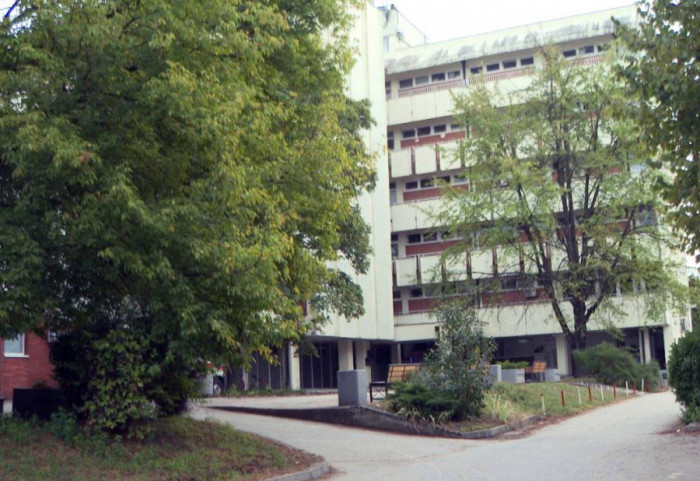
At the General Hospital in Cacak, during the night between February 11th and 12th , a 38-year-old man died in the postoperative period after surgery to remove his third tonsil, the Ministry of Health announced.
13:11Pre 10 d13.02.2026.
Autor
President of Serbia Aleksandar Vucic met with MMA fighter and world champion Islam Makhachev to discuss the importance of sport as a foundation of a healthy society and the role that elite athletes play in motivating young people to develop discipline, responsibility, and perseverance.
17:30Pre 12 d11.02.2026.
Autor
Komentari (0)